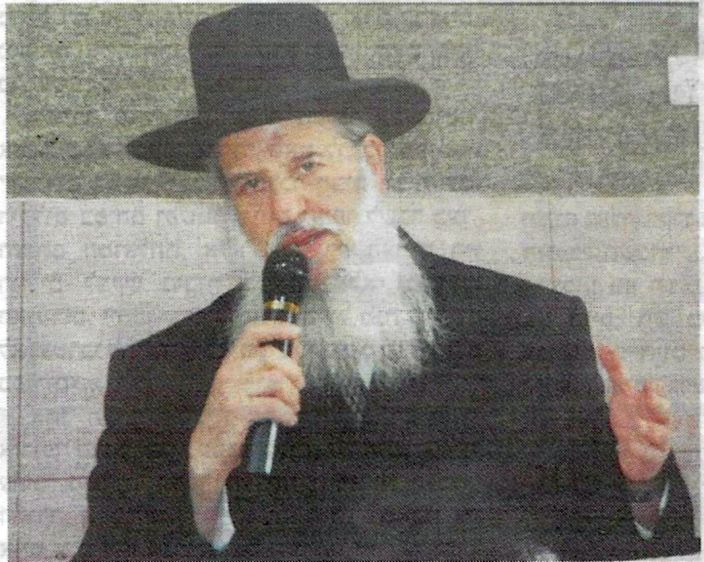
HaRav Yaakov Meir Zonnenfeld begins his message:
It is written in "Kav HaYoshor" that the day of Taanis Esther is especially conducive for the fulfillment of prayers and requests. Whoever requires a great measure of Divine mercy for any reason should set aside time for prayer, beginning with Perek 22 of Tehillim which alludes to Esther, the doe of the dawn. This is the very prayer she said before her historic appearance before King Achashverosh to plead for her people. One should continue on with an outpouring of the heart, begging for salvation from Hashem. He is promised succor in the merit of Mordechai and Esther, which will open for him the gates of mercy for his request to enter and be fulfilled.
We must contemplate about the specialness of this fast day and how it is different from our other fast days, all of which are established for prayer and repentance. Why, then, is this day more conducive for prayers to be accepted in Heaven?
Our Rishonim deal with this question, since there is a rule that fast days are not established close to a Festival. The Ran comments on Tractate Megilloh (82) that Taanis Esther is different in that it commemorates a miracle. The Rambam says that all of the other fasts were ordained for us to contemplate the trials which Jews experienced over time and to understand that they overtook our people so that we repent. Taanis Esther does not commemorate the suffering but the deliverance; it is a joyous day, not one of sorrow.
Even the Megilloh notes this: "which they accepted upon themselves and posterity the words of fasting and outcry." What does this have to do with festivity and joy? Indeed, the commemoration of fasting and outcry is an integral part of the festival of Purim.
The Rambam writes in his Introduction to the Sefer HaMitzvos, that the prophets told us to read the Megillah to recall, "the great salvation that [Hashem] did for us and that he was close to redeeming us, in order to convey to succeeding generations the truth of what is written in the Torah, that there is no other nation that has Elokim close to it so Hashem our G-d whenever we turn to Him."
It is not just the miracle itself that we wish to publicize. There is a special interest in publicizing that the miracle took place in response to prayer, to tell succeeding generations of this. That is why the fasting and crying to Hashem is part of the story of Purim, to stress that the prayers brought about the miracle.




